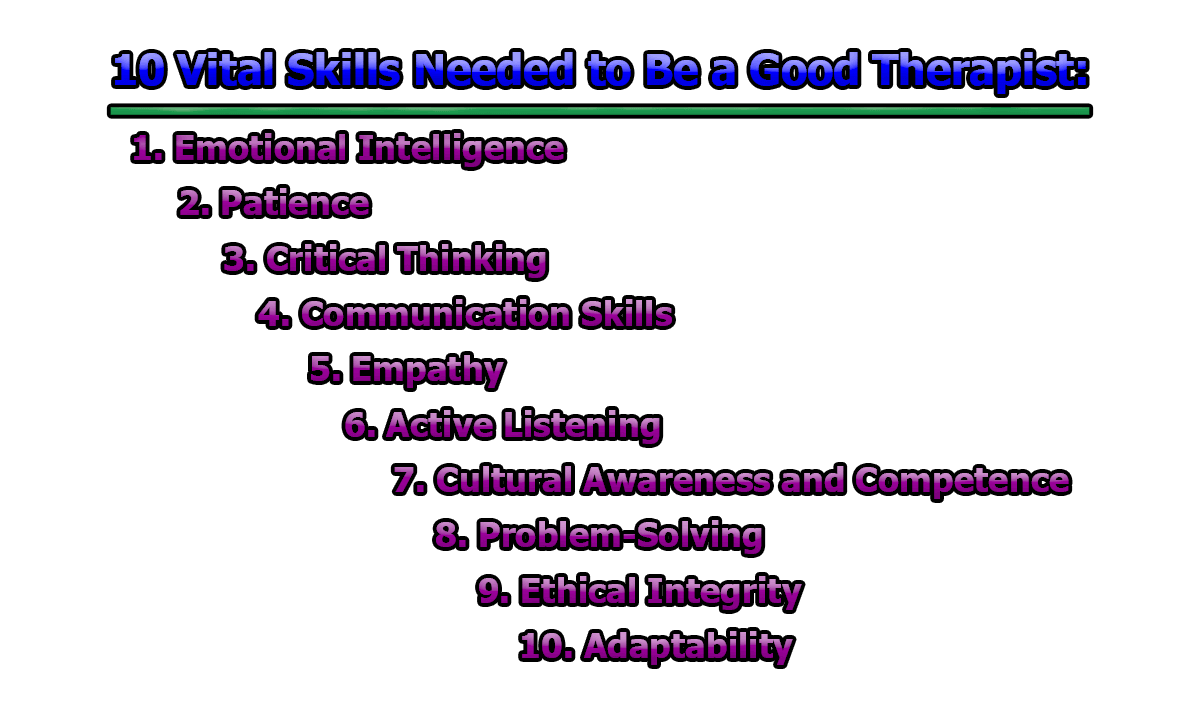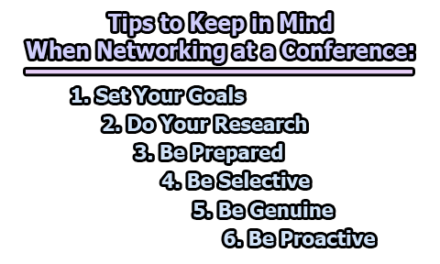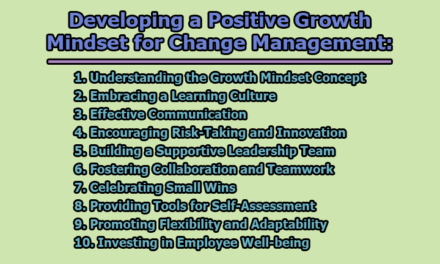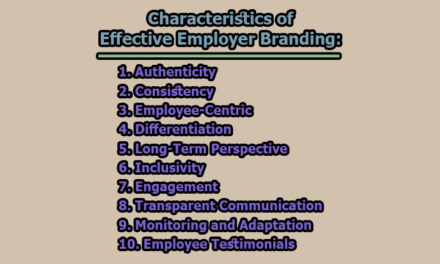10 Vital Skills Needed to Be a Good Therapist:
Becoming a good therapist requires more than just academic knowledge and clinical training. It necessitates a unique combination of emotional, cognitive, and interpersonal skills that enable professionals to effectively support and guide their clients. Therapists must develop specific competencies to create a safe, ethical, and productive therapeutic environment. The following are 10 vital skills needed to be a good therapist.
1. Emotional Intelligence: Therapists must possess high emotional intelligence, which includes the ability to recognize, understand, and manage their own emotions while also being attuned to the emotions of their clients. Emotional intelligence helps therapists create a safe and supportive space for clients, allowing them to express their feelings without judgment. It also enables therapists to regulate their own emotions, preventing personal biases or emotional reactions from interfering with the therapeutic process. Additionally, strong emotional intelligence aids in conflict resolution, helping therapists navigate difficult conversations and assist clients in managing their emotional responses effectively.
2. Patience: Therapy is a process that requires time, and progress does not always follow a linear trajectory. A good therapist must be patient with both the client and the therapeutic journey, recognizing that each individual progresses at their own pace. Clients may struggle with setbacks, resistance, or slow progress, but a patient therapist can provide consistent support and encouragement. Patience also allows therapists to help clients uncover deep-seated issues at their own comfort level, fostering long-term growth rather than forcing immediate change. It is particularly crucial when working with clients who have trauma histories, anxiety disorders, or other conditions that require extended therapeutic engagement.
3. Critical Thinking: Effective therapy requires therapists to assess complex situations, integrate various pieces of information, and apply suitable interventions. Critical thinking enables therapists to evaluate different therapeutic techniques and adapt them to each client’s unique needs. Therapists must analyze clients’ narratives, identify patterns, and differentiate between underlying causes and symptoms. This skill is also essential in crisis situations, where therapists need to make quick, informed decisions while considering ethical implications and client safety. Critical thinking further aids in assessing the effectiveness of a given intervention and making necessary adjustments to optimize outcomes.
4. Communication Skills: Clear and effective communication is essential for building strong therapeutic relationships. Therapists must be able to express ideas, provide feedback, and clarify clients’ thoughts both verbally and nonverbally. Communication skills help therapists explain psychological concepts, therapeutic techniques, and coping strategies in a way that clients can understand and apply. Additionally, nonverbal cues, such as eye contact and body language, contribute to a supportive and empathetic presence. Effective communication also involves setting boundaries, managing expectations, and navigating difficult discussions in a way that encourages clients to open up without feeling pressured or misunderstood.
5. Empathy: Empathy allows therapists to connect with their clients’ emotions and experiences on a deep level. By demonstrating understanding and compassion, therapists create a space where clients feel safe to share their struggles and work towards healing. Empathy involves active engagement, where therapists validate clients’ emotions while maintaining professional objectivity. It also helps therapists tailor their interventions to each client’s unique experiences, ensuring that treatment is both relevant and effective. Moreover, an empathetic approach fosters trust and rapport, which are crucial elements in successful therapy.
6. Active Listening: Active listening is one of the most crucial skills a therapist must master. It involves more than just hearing words; it requires full engagement with the client’s emotions, thoughts, and underlying concerns. Active listening includes maintaining eye contact, nodding in acknowledgment, and using verbal affirmations to show understanding. Paraphrasing and summarizing what the client has said help ensure clarity and demonstrate that their thoughts and feelings are valued. A therapist’s ability to listen attentively builds trust and strengthens the therapeutic relationship, allowing clients to feel safe and understood.
7. Cultural Awareness and Competence: Every client comes from a unique cultural background, and therapy should be tailored to respect and integrate these differences. Cultural competence requires therapists to acknowledge and adapt to their clients’ beliefs, values, and traditions while remaining mindful of potential biases. By developing an awareness of diverse cultural perspectives, therapists can create an inclusive space where clients feel seen and respected. This skill also helps therapists avoid misinterpretations and ensures that interventions align with a client’s worldview, leading to more effective and meaningful therapy.
8. Problem-Solving: A core function of therapy is to help clients recognize and overcome obstacles. Therapists must possess strong problem-solving skills to guide clients toward identifying challenges, exploring possible solutions, and developing coping strategies. This process involves fostering autonomy and resilience, enabling clients to make informed decisions and adapt to life’s difficulties. A therapist’s ability to break down problems into manageable steps and offer constructive insights can empower clients to navigate their struggles with confidence and self-efficacy.
9. Ethical Integrity: Ethics form the foundation of effective therapy. Therapists must adhere to professional ethical guidelines to ensure client confidentiality, trust, and safety. Ethical integrity involves maintaining clear boundaries, obtaining informed consent, and prioritizing the well-being of clients. Upholding these ethical standards fosters a secure therapeutic environment where clients can openly express themselves without fear of judgment or breach of trust. Furthermore, therapists must continually educate themselves on ethical considerations and remain accountable in their practice.
10. Adaptability: Therapy is not a one-size-fits-all approach. Each client presents unique needs, requiring therapists to be flexible in their techniques and approaches. Adaptability enables therapists to adjust their interventions based on a client’s progress, preferences, and evolving challenges. Being open to feedback and willing to modify treatment strategies ensures that therapy remains relevant and effective. Adaptable therapists can seamlessly integrate new therapeutic methods, ensuring that each client receives personalized and responsive care.
It is apparent that the role of a therapist is demanding yet profoundly rewarding. To be effective, therapists must cultivate a diverse set of skills, including emotional intelligence, patience, critical thinking, communication, empathy, active listening, cultural competence, problem-solving, ethical integrity, and adaptability. These competencies enable therapists to provide a supportive and effective therapeutic experience, fostering growth and healing in their clients. By continuously refining these skills, therapists can make a lasting impact on the lives of those they serve.
References:
- Bureau of Labor Statistics. (2024). How to become a psychologist. Retrieved December 11, 2024, from https://www.bls.gov/ooh/life-physical-and-social-science/psychologists.htm#tab-4
- Nelson-Jones, R. (2014). Practical counselling and helping skills. Sage.
- Sommers-Flanagan, J., & Sommers-Flanagan, R. (2015). Counseling and psychotherapy theories in context and practice: Skills, strategies, and techniques. Wiley.

Library Lecturer at Nurul Amin Degree College










